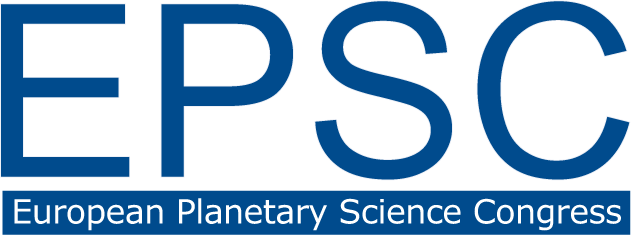New modelling efforts supported by observations of space probes like Mars Express or Cassini have improved our understanding of physical and chemical processes of moon formation in the Solar System. Modeling of formation has been extensively developed but several aspects are still uncertain. For instance, models of the origin of the Martian moons Phobos and Deimos are still debated. The evolution of the icy moons of giant planets is still puzzling. It motivates new mission like the NASA’s Europa Clipper and ESA’S JUICE missions to the Jovian system, as well as the JAXA’s MMX mission to the Martian system. The MMX mission will collect samples from Phobos (first sample return mission from the Martian system) and engage in a close-range exploration of Deimos too. Amongst their objectives the JUICE and Europa missions will focus on the interior of Galilean satellites and on the Jovian environment and its link with the moon system.
These missions will provide further data to answer the fundamental question how moons in our solar system formed.
The session invites contributions related to current knowledge and understanding of formation processes of solar system satellites as well as related to current missions in development, like MMX, Eurpa-Clipper or JUICE, and their approach to further our understanding of formation and evolution of natural satellites.

